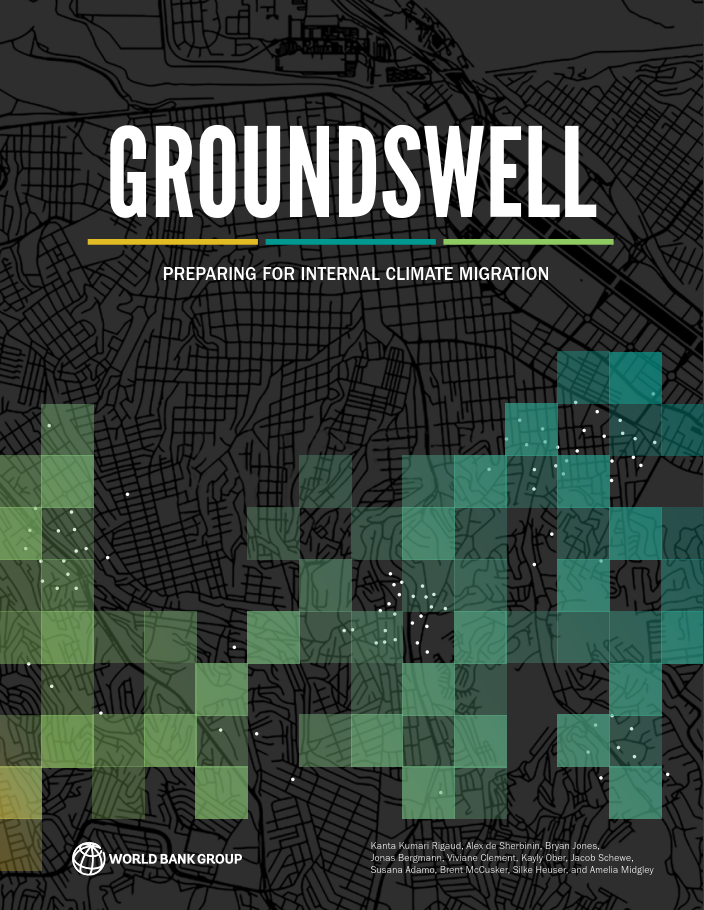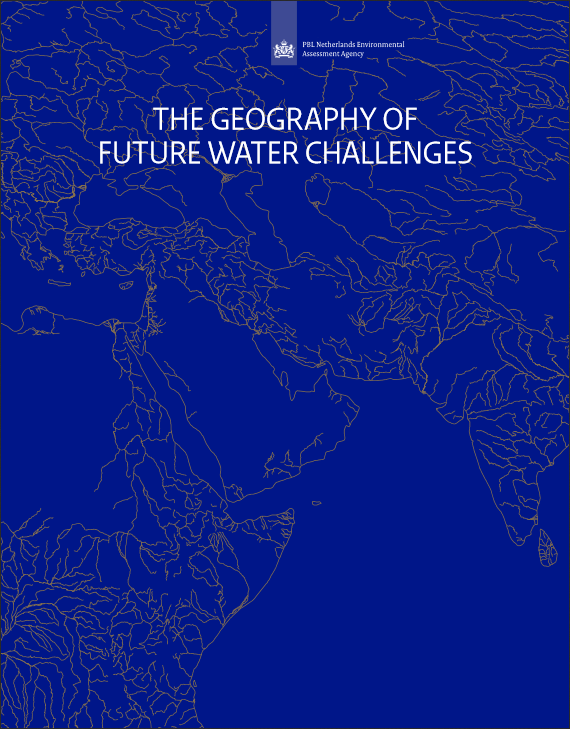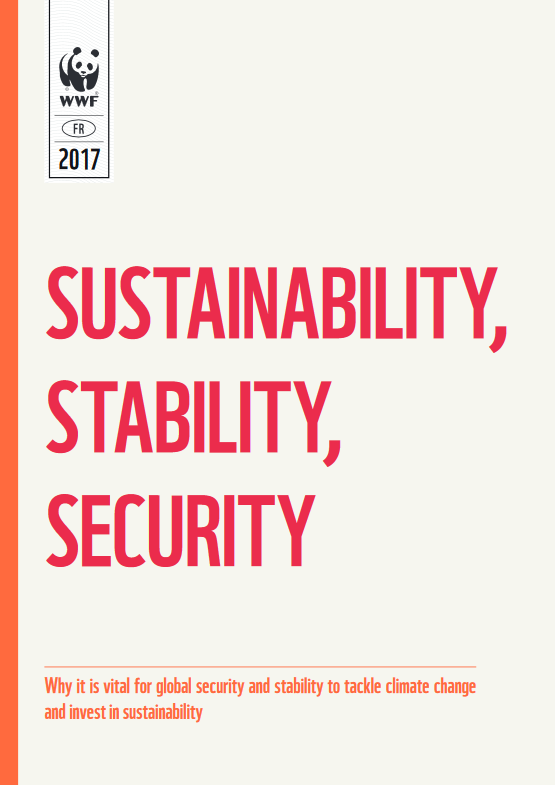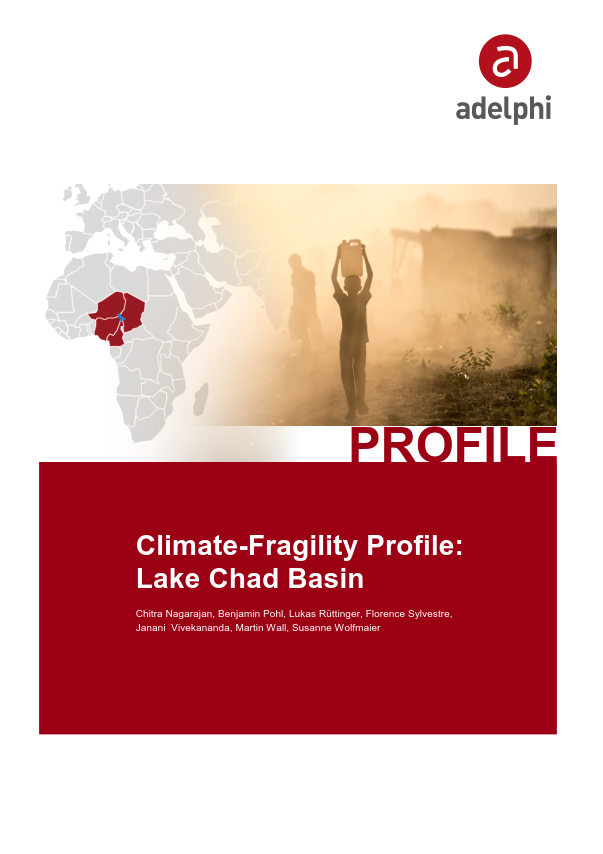Modelled impacts of policies and climate change on land use and water quality in Austria
Climate change is a major driver of land use with implications for the quality and quantity of water resources. We apply a novel integrated impact modelling framework (IIMF) to analyze climate change impacts until 2040 and stakeholder driven scenarios on water protection policies for sustainable management of land and water resources in Austria. The IIMF mainly consists of the sequentially linked bio-physical process model EPIC, the regional land use optimization model PASMA[grid], the quantitative precipitation/runoff TUWmodel, and the nutrient emission model MONERIS.








